New Products
-
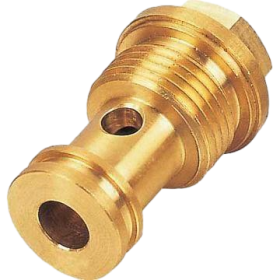
Custom Turn-Mill Combination brass parts
-
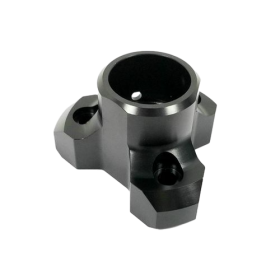
Custom Turn-Mill Combination parts
-
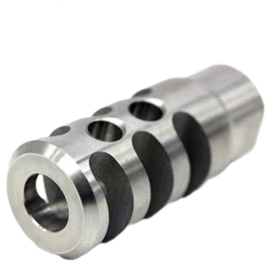
Precision CNC Turning Parts Stainless Steel shaft accessories
-
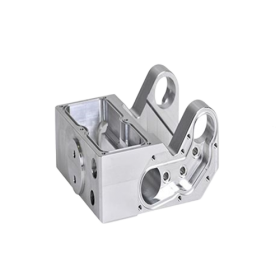
Custom CNC Milling Automated Machinery and Equipment Parts
-
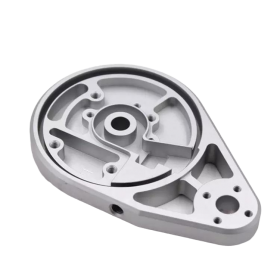
OEM/ODM Custom High Precision Metal CNC Machining/Milling/Turning Service CNC Turning Part
-
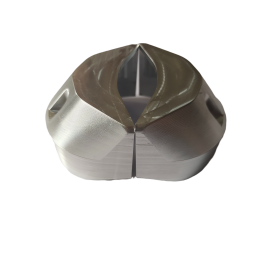
Precision CNC Milling Robotic Arm parts
Precision and Accuracy in CNC Machining
Precision and accuracy serve as the backbone of successful CNC machining, driving excellence across industries like aerospace, medical, and automotive. This guide unpacks their critical roles, exploring influencing factors—from machine calibration to tooling technology—while highlighting how advanced techniques and machinist expertise ensure components match design specifications with micron-level precision.
Defining Precision vs. Accuracy in CNC Operations
· Precision: refers to the consistency of the machining process in producing parts. It is about the repeatability of the process, where the aim is to produce components that are as close to each other as possible, regardless of whether they meet the exact specifications.
· Accuracy: on the other hand, is about the closeness of the machined parts to their exact specifications or the true value. It measures the deviation of the produced parts from the target dimensions.
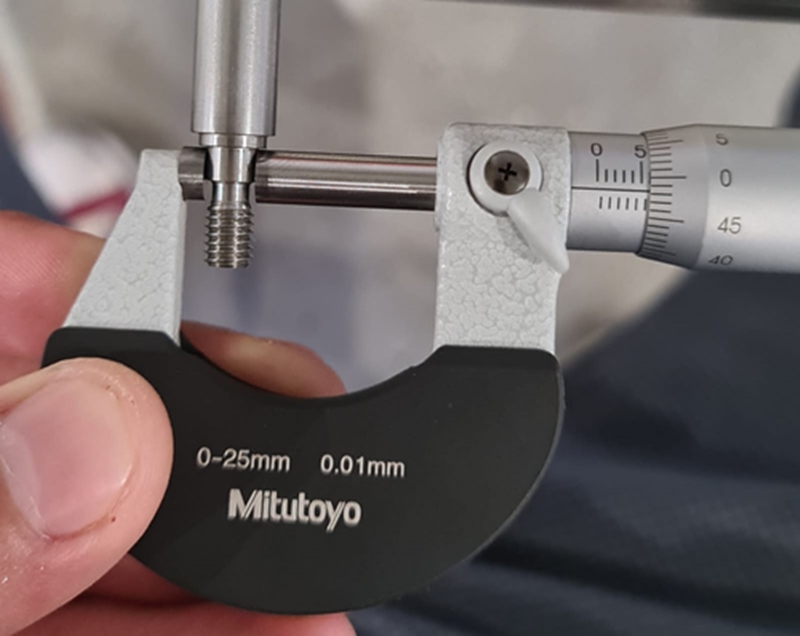
How Precision & Accuracy Transform Manufacturing
1. Enhanced Product Quality
· Precision and accuracy minimize defects, reduce material waste, and eliminate excessive post-processing.
· Example: A medical device manufacturer achieved 99.7% first-pass yield by optimizing CNC precision, cutting rework costs by 40%.
2. Efficiency & Cost Optimization
· Automated precision reduces QC time and rework cycles, accelerating time-to-market.
· Material optimization (up to 95% usage vs. 70% in manual machining) lowers production costs.
Key Factors Influencing CNC Precision & Accuracy
Despite significant technological advancements, numerous critical factors influence the overall performance of CNC machines, directly impacting their ability to manufacture components with the required precision and accuracy. Gaining a deep understanding of these elements is essential for optimizing machining workflows, maintaining product quality, and boosting operational efficiency. Below are the key factors that significantly impact CNC machine precision and accuracy:
1. Machine Condition
Spindles, guides, and ball screws require regular calibration to minimize wear (e.g., annual CMM alignment checks).
2. Tooling Technology
The choice of tools, including their wear, material, geometry, and how they are set up in the machine, directly influences machining quality. High-quality, well-maintained tools are essential for maintaining accuracy.
3. Material Properties
The material being machined can affect the machining process; variations in material hardness, consistency, and thermal properties can lead to differences in how parts are machined.
4. Operator Skill and Expertise
The machinist’s expertise in machine setup, tool selection, and process adjustment is vital for achieving high precision and accuracy in CNC machining.
5. Workpiece Setup
Proper alignment, positioning, and secure clamping of the workpiece prevent movement during machining, affecting the accuracy of the final part.
6. Environmental Factors
External conditions such as temperature fluctuations, vibration, and humidity can influence machine components and materials, impacting machining accuracy.
7. Quality Control Measures
Implementing rigorous in-process inspection and post-process quality checks ensures that machined parts meet all specified tolerances and quality standards.


 Evan Xiao
Evan Xiao